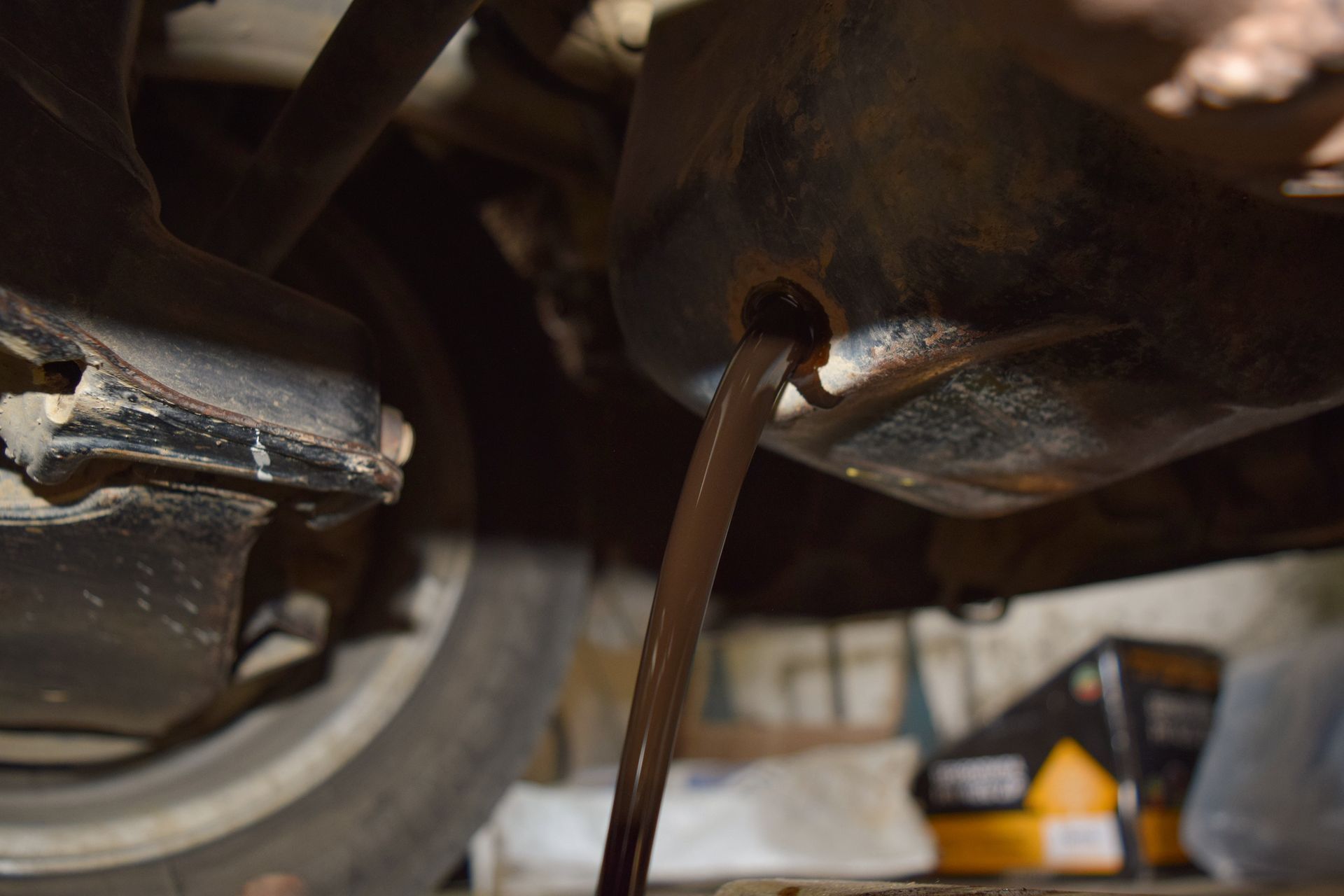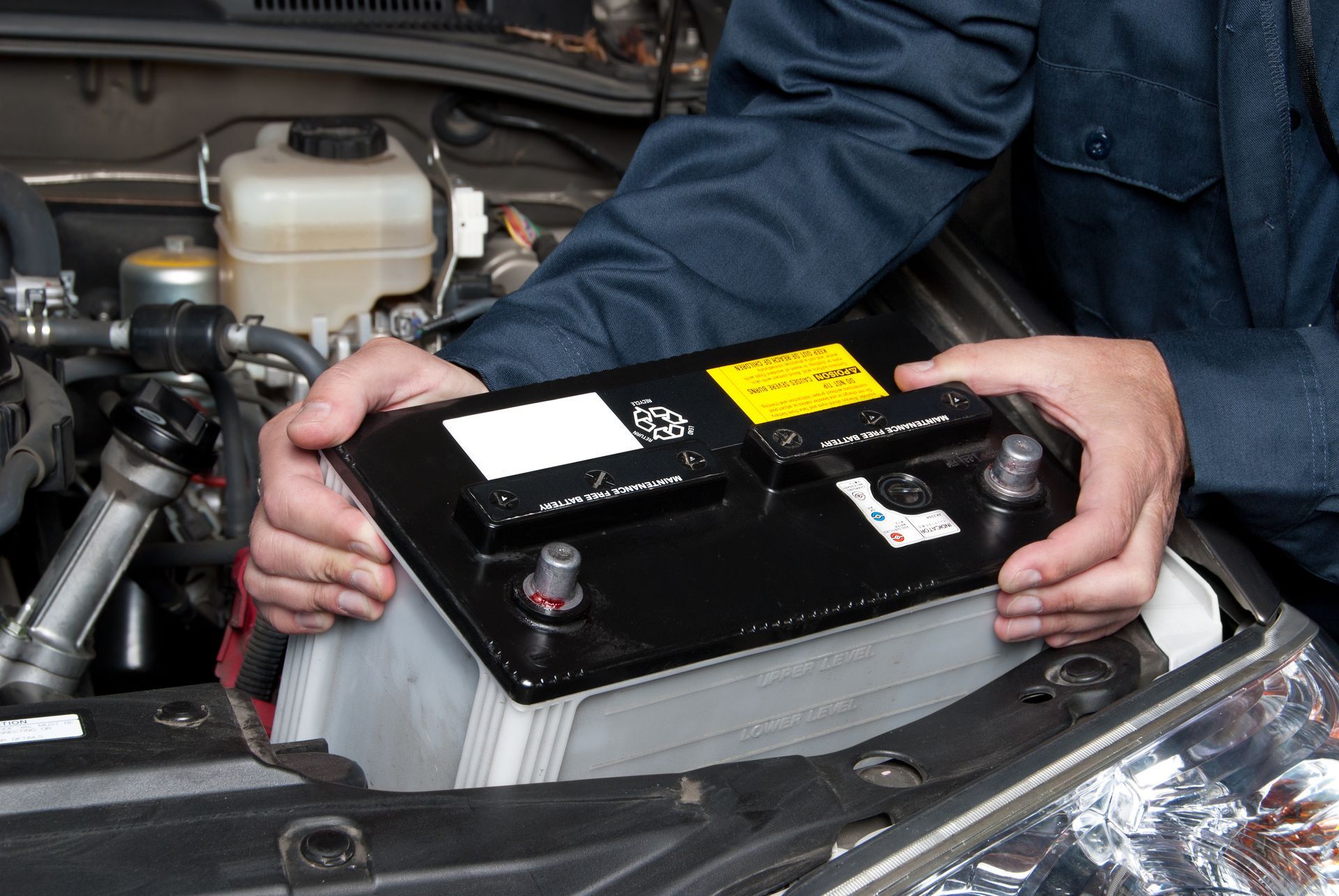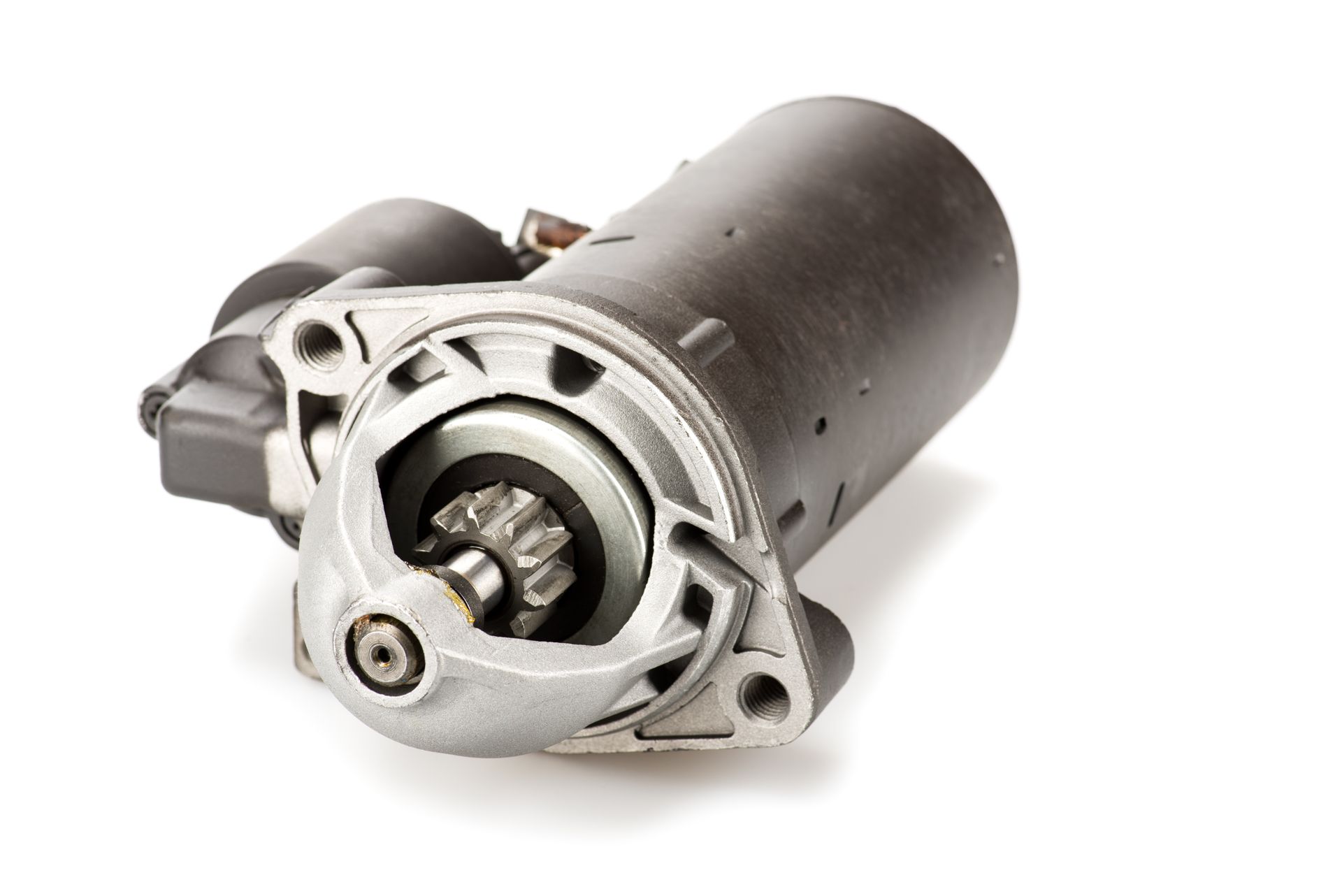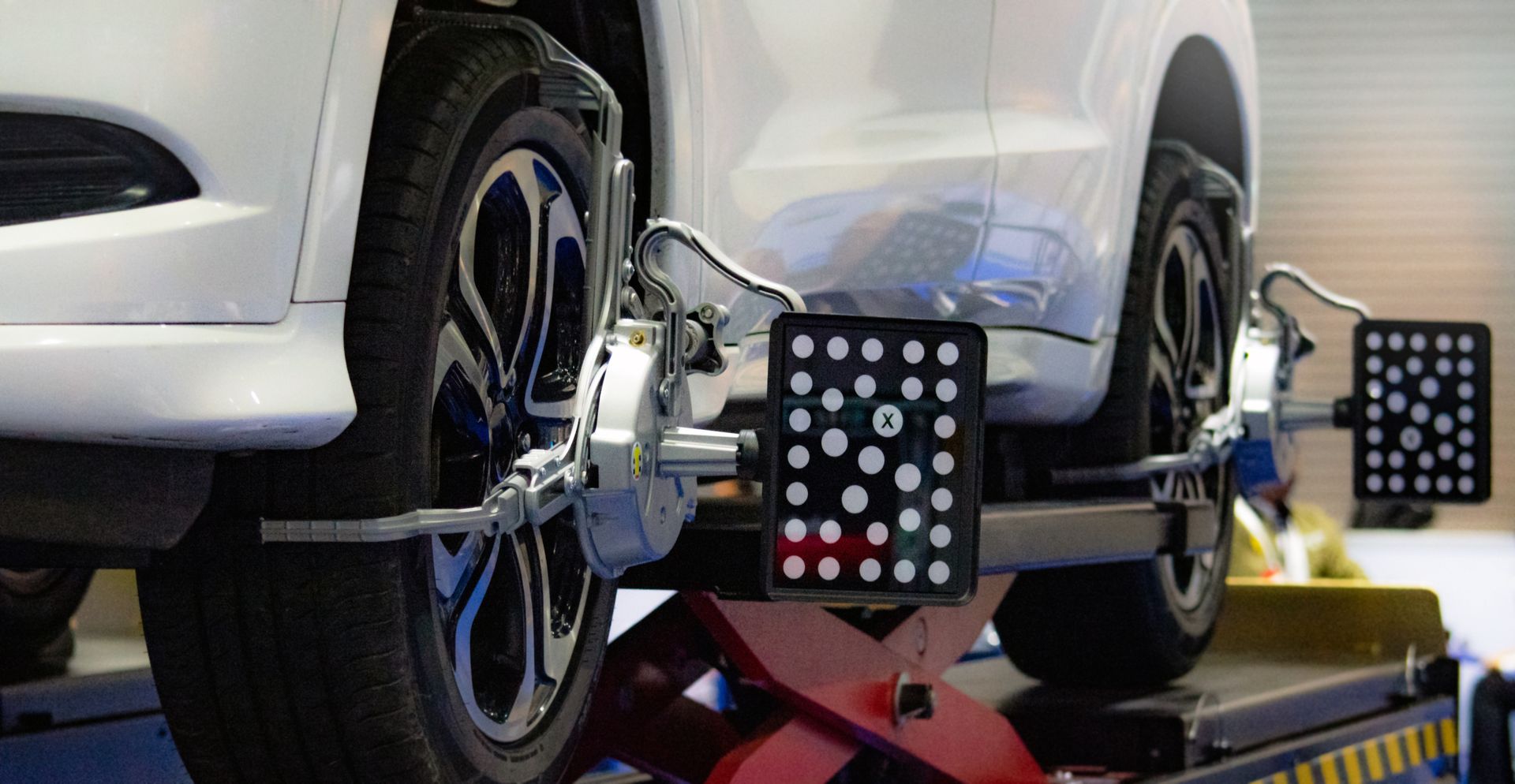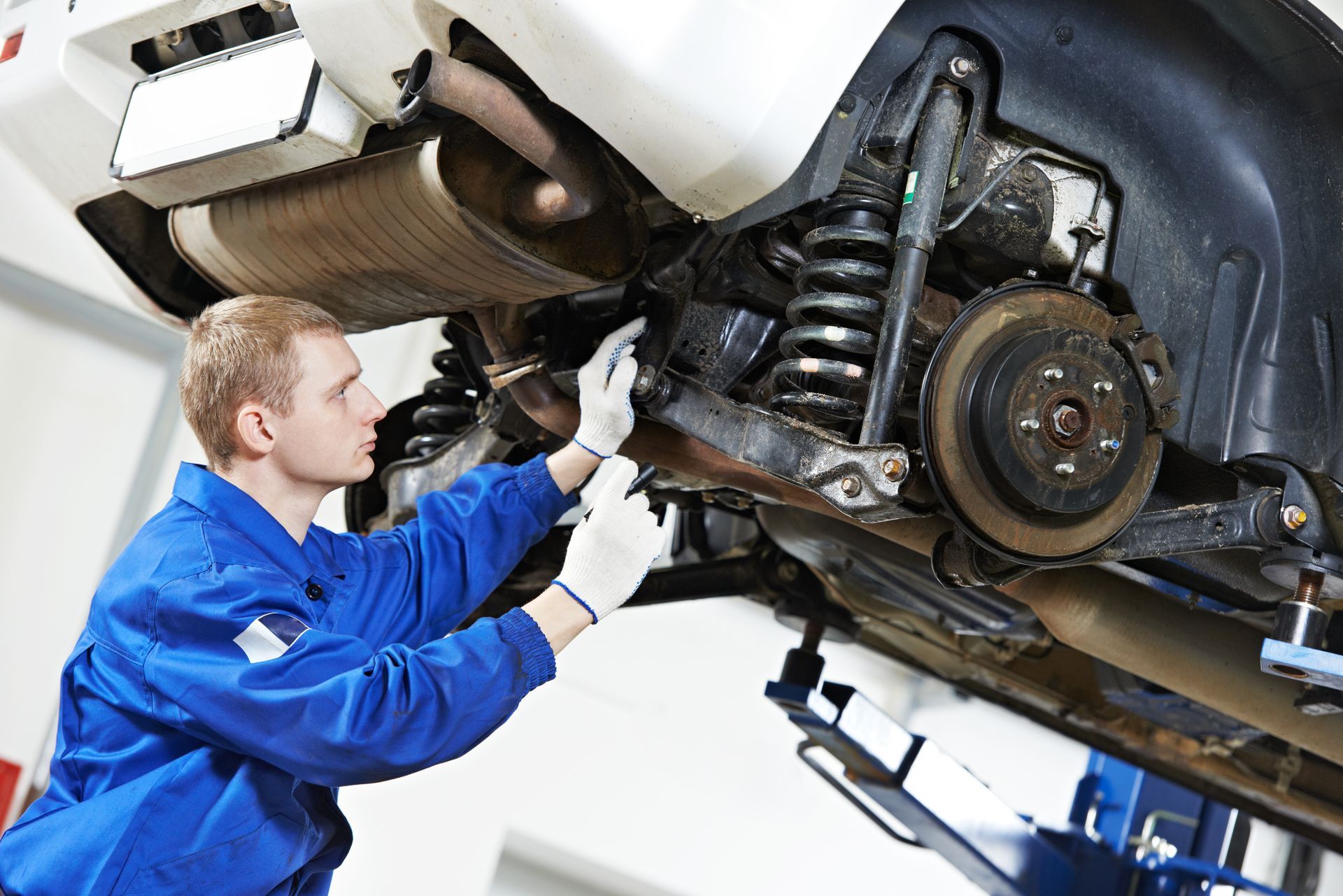Hearing an odd chirping noise from under the hood can be unsettling. It might sound like a bird has taken up residence in your engine bay, but this noise is often a sign of a worn or failing component that shouldn’t be ignored. While your car may still run, these small sounds often point to developing problems that could lead to more serious (and expensive) repairs down the road.
If your vehicle has recently started making a chirping or squeaking noise during start-up, idling, or driving, it's time to take a closer look at what’s causing it.
When and Where You Hear the Chirping Matters
Pay attention to when the chirping noise starts. Does it happen only on cold mornings? Does it get worse as the engine warms up or stays constant? Does it change with engine speed?
These clues help determine the cause. A chirp that increases in tempo as you rev the engine is likely related to rotating components, such as pulleys or belts. If it’s most noticeable at idle and disappears at higher speeds, it could be an early sign of a belt slipping or a pulley misalignment.
The location also helps. If the sound is loudest at the front of the engine, it's probably tied to the serpentine belt system. A sound coming more from the side or rear might suggest an issue with a timing belt, exhaust leak, or other component deeper in the engine.
Common Causes of Chirping Noises
One of the most frequent reasons for a chirping noise is a worn or glazed serpentine belt. This belt drives multiple engine accessories like the alternator, power steering pump, water pump, and air conditioning compressor. As the belt ages, it can dry out, crack, or lose tension, especially in cold weather or humid climates.
When the belt begins to slip on the pulleys, it creates a high-pitched squeaking or chirping sound. Even if the belt looks intact, it may still be worn enough to cause noise. A misaligned or loose belt tensioner can also lead to the same problem.
Pulleys and bearings are another likely source. Over time, the bearings inside pulleys or accessory components can wear out, causing a rhythmic chirping that increases with engine speed. A failing idler pulley or alternator bearing might sound harmless at first, but if it seizes or breaks, it can cause the belt to fly off or damage other parts.
In some cases, the sound can come from the timing belt or timing chain area. These components are responsible for synchronizing the engine’s internal operations. If a timing belt is starting to fail or the tensioner is weakening, it may produce a chirping or squeaking noise before exhibiting more serious symptoms.
Less commonly, a chirping sound could be caused by a vacuum leak, particularly if the engine is idling rough at the same time. A leak in a vacuum hose or intake gasket can sometimes make a whistling or chirping sound as air escapes.
Why You Shouldn’t Ignore It
It’s tempting to shrug off a small noise, especially if your car still runs fine. But a chirping sound can be an early warning that something is beginning to fail. A belt that slips occasionally today could snap tomorrow. A pulley with a failing bearing might seize while you’re driving, leading to accessory failure or overheating.
Catching the issue early often means a relatively inexpensive fix. Waiting too long can result in a breakdown, damage to multiple components, or even engine overheating if a critical part, such as the water pump, is affected.
When to Get It Checked
If the chirping noise persists for more than a few days, gets louder, or is accompanied by other symptoms like loss of power steering, dimming headlights, or engine temperature spikes, it’s time for a professional inspection.
Even if the sound seems minor, it’s always a good idea to have a technician listen and diagnose the issue. They can determine whether it’s a simple belt replacement or something more complex like a failing bearing or tensioner.
Get Expert Diagnosis at Duffy’s Auto Service in St. Paul Park, MN
At Duffy’s Auto Service, we’ve heard every sound an engine can make, and we know how to find the cause. If you're hearing chirping, squeaking, or any unusual noise under the hood, bring your vehicle in for an inspection. We'll pinpoint the problem quickly and recommend the right fix before it becomes a bigger issue.
Call
Duffy’s Auto Service in St. Paul Park, MN, today to schedule a diagnostic visit. Don’t let a small chirp turn into a major headache—trust our team to keep your vehicle running quietly and smoothly.

